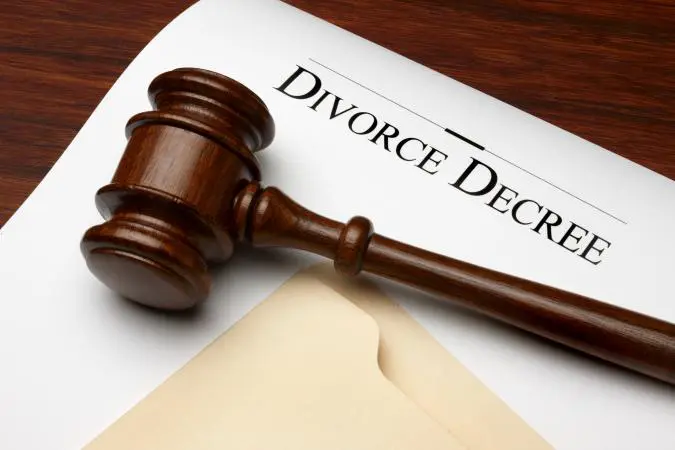Few things are more emotionally trying than going through a divorce. Once you arrive at a settlement agreement, you feel some relief that you can move on with your separate lives. But you may not realize that your hard-earned money can end up back with your former spouse if you fail to implement an estate plan that prevents that from happening.
Even if any exes are excluded from your will, they can end up with control of your assets. Here’s how it can happen:
- Guardianship for assets left to children—If you die while your children are minors, any assets left to them will be subject to a guardianship until they reach age 18. The court will entrust a guardian, most likely the other parent, with administering the assets for the child’s benefit. If you are worried that your ex may not spend the money wisely, leave your assets to a trust for your children and designate a person close to you to make decisions on how the money is spent.
- Incorrect Beneficiary Designations—Beneficiary designations are seldom nullified by separation or divorce. If your ex is named as a beneficiary on certain retirement accounts or life insurance policies, your ex will likely receive the proceeds if you die. Your will does not necessarily override a beneficiary designation. So—remove your ex from beneficiary designations. Make this part of your to-do list.
If you don’t want your money to end up in the hands of your former spouse, it’s critical to either create or revise your estate plan as soon as possible after filing for divorce. Put your mind at ease through financial planning and by making sure your assets and children are protected if something happens to you.
Your marital dissolution and property settlement with your ex should do away with any duty to support your ex, unless the settlement says differently. You should formalize your estate plan to ensure that your assets are distributed as you want.

